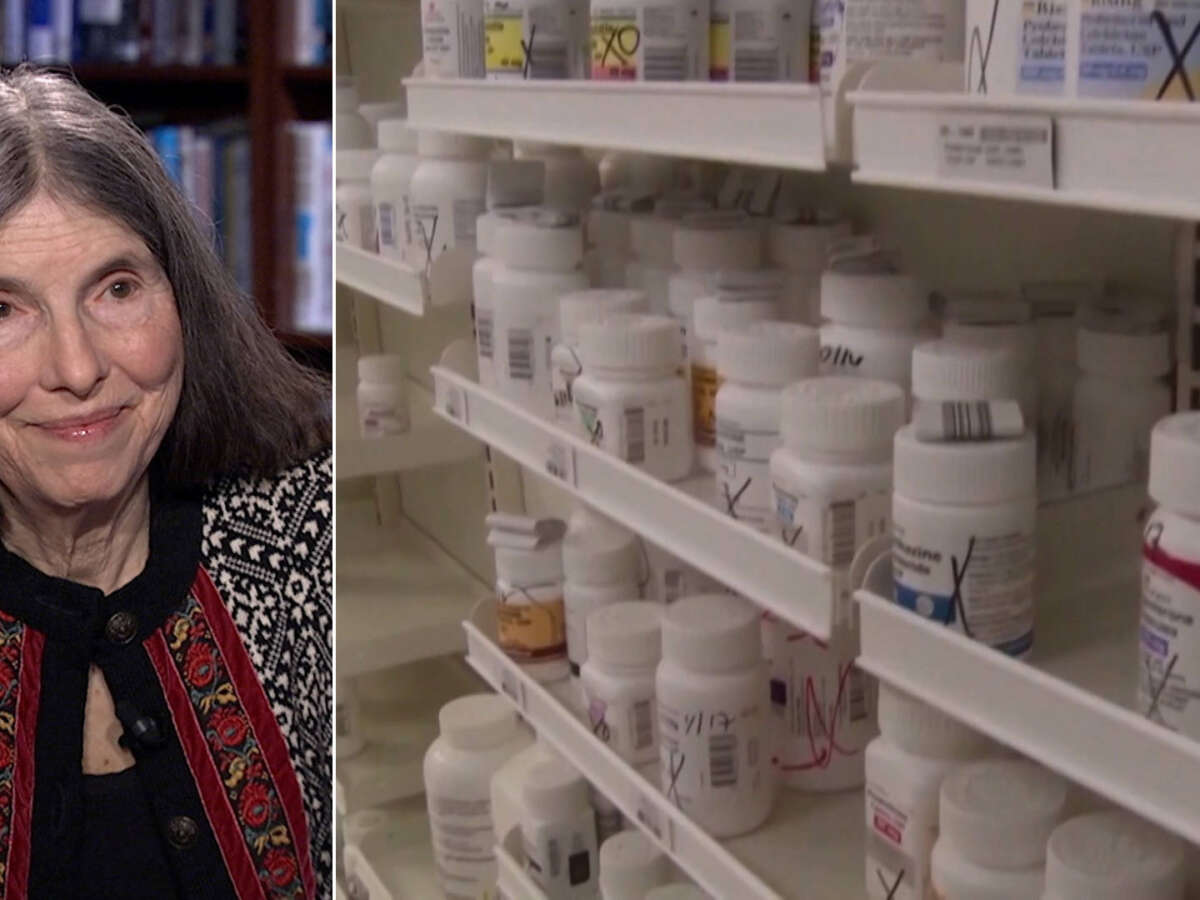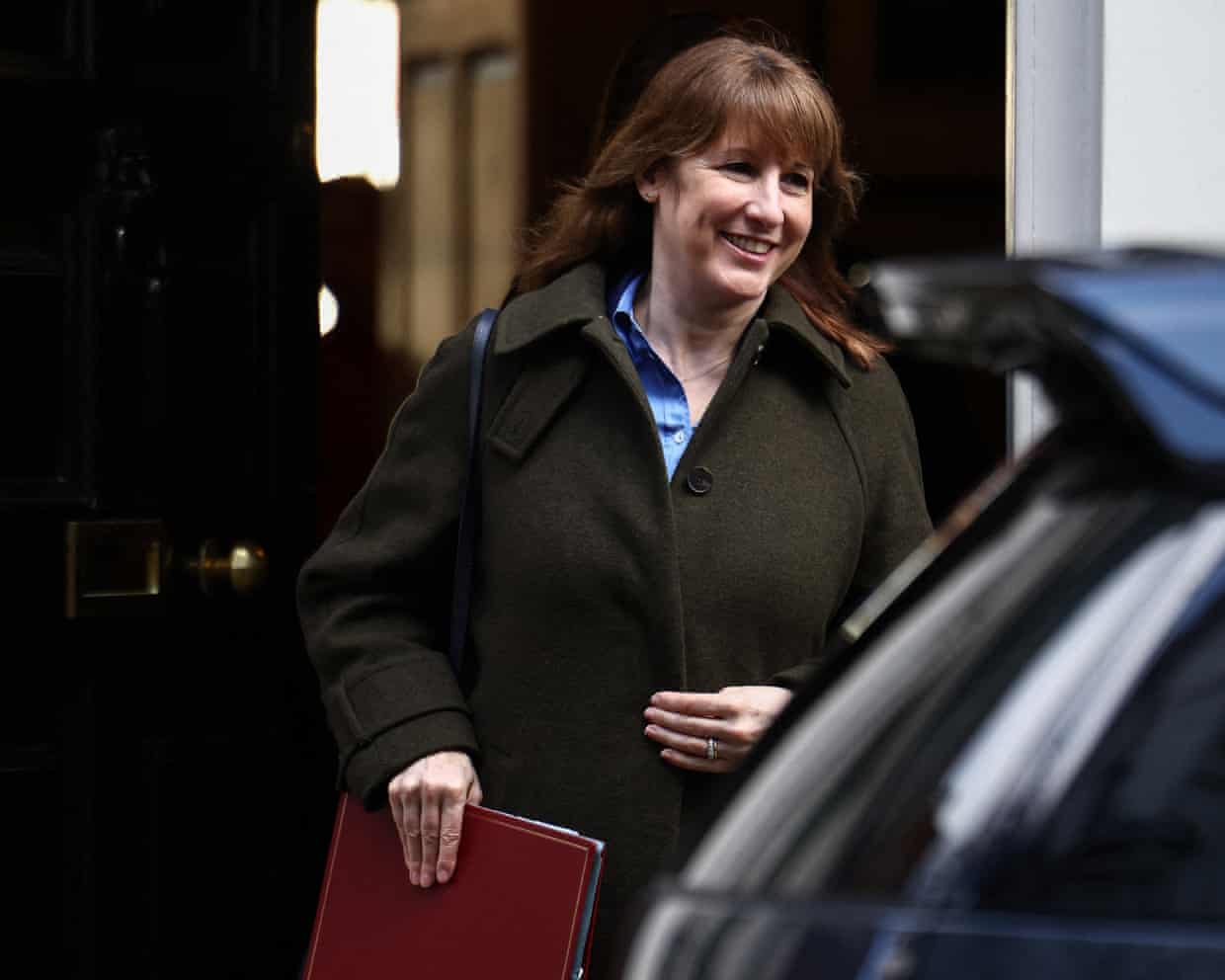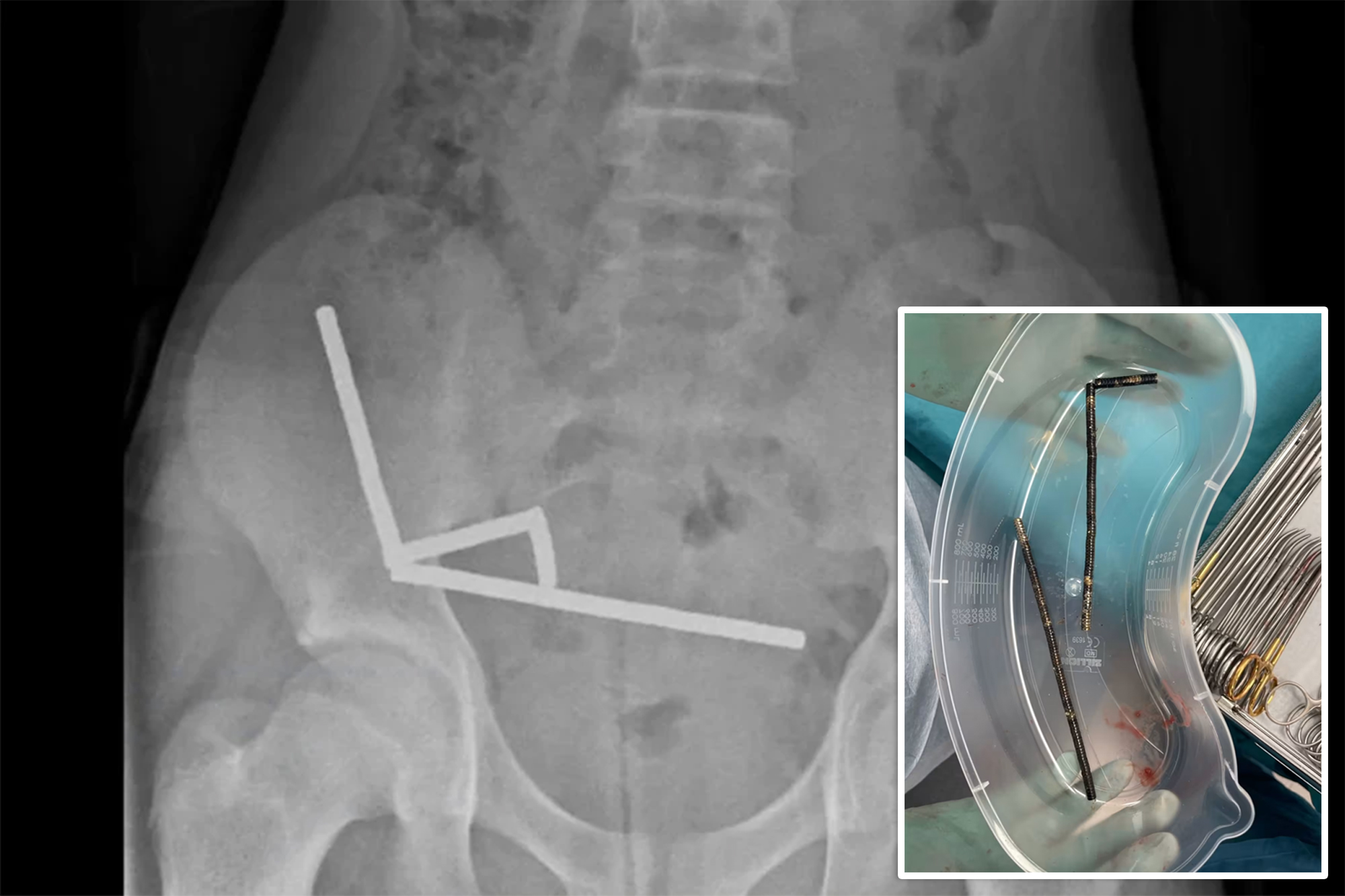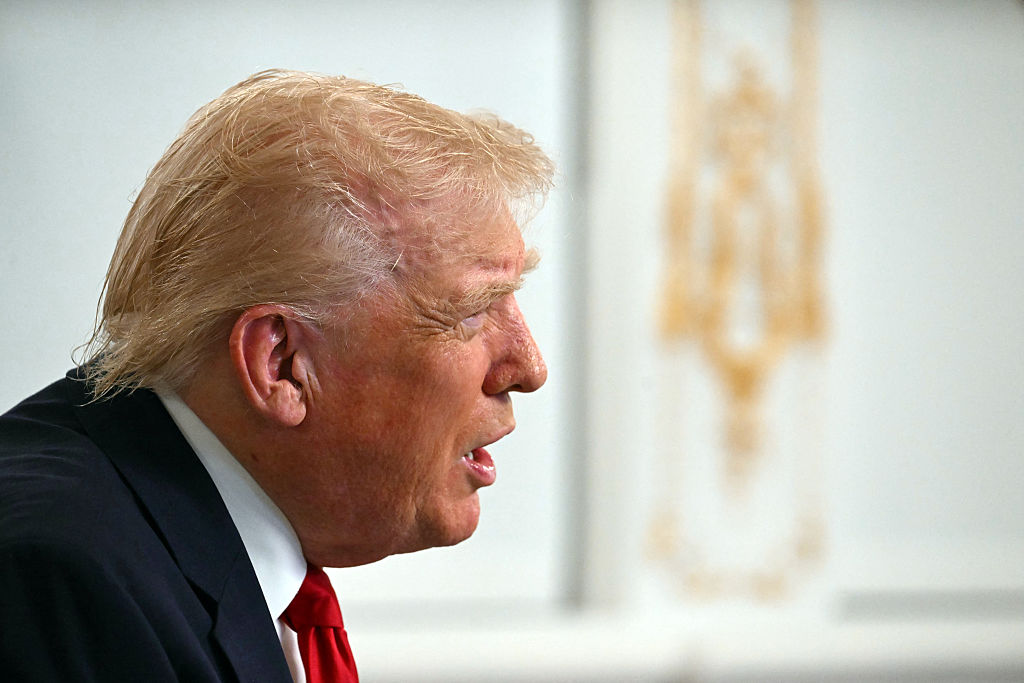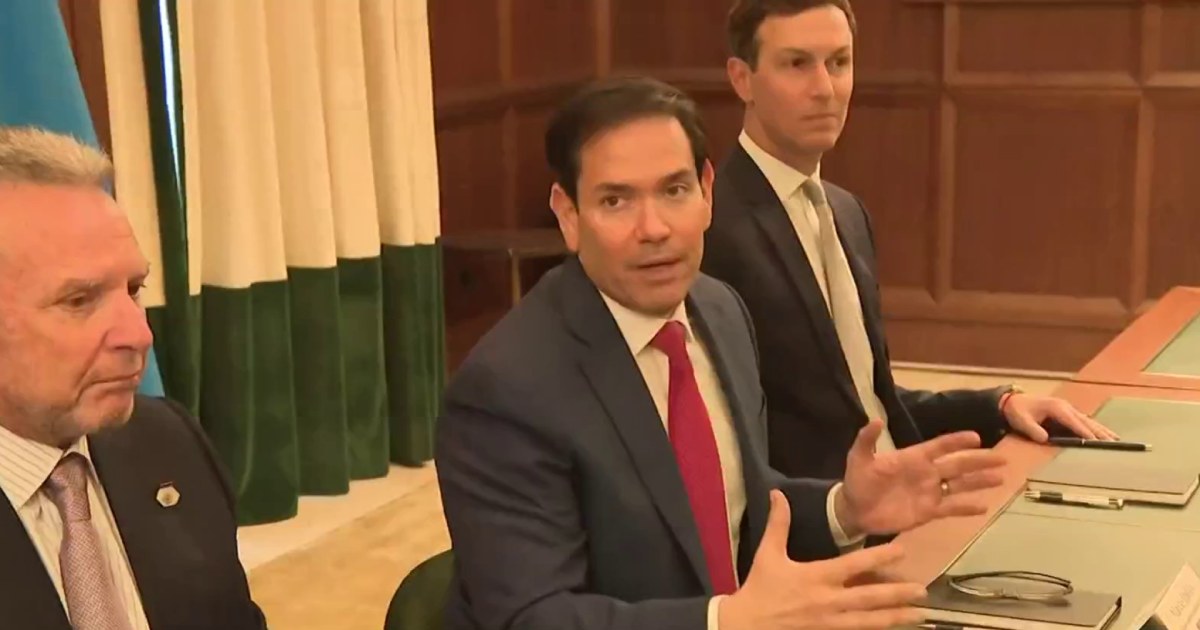The debate over healthcare costs has reached a critical point in the United States as the federal government approaches a potential shutdown. Central to the discussions is the future of subsidies for the Affordable Care Act (ACA), which are set to expire on Saturday, September 30, 2023. Without an extension of these subsidies, health insurance premiums could more than double for millions of Americans.
Democrats are pushing for the continued support of these enhanced subsidies, arguing that they are essential for making healthcare affordable for lower- and middle-income families. The subsidies were initially introduced to alleviate the financial burden on individuals and families purchasing health insurance through the ACA marketplaces. If the subsidies are not renewed, experts warn that many will struggle to afford coverage, leading to significant gaps in healthcare access.
Potential Impact on Millions of Families
The expiration of the subsidies has far-reaching implications. According to estimates, over 13 million people could be affected, with some experiencing premium increases of over 100%. This drastic rise could force many to forgo necessary health insurance, resulting in adverse health outcomes and increased financial strain on households already facing economic challenges.
Healthcare advocates have raised alarms about the potential consequences of losing these subsidies. “The loss of these crucial financial supports would lead to many families being priced out of the healthcare system,” stated a representative from a leading health advocacy organization. The consequences may not only be financial but also impact public health, as uninsured individuals are less likely to seek preventive care.
Political Stalemate Intensifies
The ongoing negotiations between Democrats and Republicans reveal a stark divide on health policy. While Democrats emphasize the importance of maintaining support for vulnerable populations, some Republicans argue against the extension of the ACA subsidies, citing budgetary concerns. The debate is not only about healthcare affordability but also reflects broader ideological differences regarding government intervention in the economy.
As the deadline approaches, the urgency of the situation grows. Both sides are under pressure to reach an agreement that will protect access to healthcare for millions. The government shutdown, if it occurs, would exacerbate the uncertainty surrounding health insurance coverage, further complicating the already tense negotiations.
With the clock ticking down to the subsidy deadline, the fate of millions hangs in the balance. Lawmakers face a crucial decision that will determine whether families can continue to afford their health insurance or if they will be forced to navigate a significantly more challenging healthcare landscape.

